Due Diligence Vs. Quality of Earnings: Why You’re Shooting Two Airballs (I’m Sure of It)
Entrepreneurship Through Acquisition (ETA) is a relatively new field. That means loosely defined terms are thrown around all the time, and they don’t always mean the same thing. One investor might say you need “due diligence” while another talks about the importance of “Quality of Earnings” (QoE). Do they mean the same thing? If not, what’s the difference?
While these terms are often used interchangeably, conflating the two might lead you to stop your due diligence process short. Don’t miss out on the full scope of due diligence by thinking you only need a QoE. While this is an essential part of due diligence, it is only a third of the process.
Key Takeaways:
Your due diligence process should include commercial, operational, and financial due diligence.
A Quality of Earnings only covers financial due diligence. It’s the most important and first place to start.
You can learn much more about the company you want to buy by continuing due diligence after the QoE.
You’re Shooting Two Air Balls!
Due diligence is an umbrella term. It involves verifying that the statements the seller makes about their business are actually true. In the context of an acquisition deal, due diligence has three parts.
Where does Quality of Earnings fit in? The QoE fits in under financial due diligence. Most importantly the QoE provides an adjusted EBITDA and reviews the validity of add backs. Your due diligence provider will do this by comparing financial documents provided by the seller against bank statements. This gives you a more detailed picture of the true value of the company that you want to buy. In many cases, this will be different from how the seller originally presented the business.
For 99% of small to medium-sized business (SMB) deals, the QoE is 100% of the due diligence that is done on a deal. That means most SMB buyers are shooting air balls when it pertains to commercial or operational due diligence. Let's dissect the three parts below.
Three Parts of Due Diligence
The purpose of due diligence is to identify whether the deal you’re looking at is truly worth your investment. Will the company maintain success one and five years down the road? Remember that no deal is much better for you than a bad deal. Performing a full due diligence process will help you make the most of your investment and avoid that bad deal.
Here are the three parts of due diligence that you should consider:
Commercial Due Diligence: Think “outside industry analysis.” Commercial due diligence concerns how the company operates within the larger industry. Research in this area will help you unearth whether the industry is performing well or if the industry is in a lull meaning the company must outperform competitors to maintain growth and margin. Commercial due diligence will also reveal if the industry is headed for an inevitable cliff.
Operational Due Diligence: Think “inside company operation.” Find out how the various parts of the team within the organization function. Are the business’s systems and processes functioning efficiently? This helps you understand if business operations are set up for success or failure in the long run.
Financial Due Diligence: Think “audit for buyers.” This examines how the financials look now that all of the owner’s personal expenses are added back to the profit and loss statement. It also reveals how much cash the business can realistically generate moving forward.
To understand all of the commercial, operational, and financial questions you should be asking during due diligence, download our resources:
The Full Due Diligence Process
When most SMB buyers say they are doing their due diligence, they usually mean that they’re doing a Quality of Earnings. This is the absolute first place to start and the most important because it reveals whether the business is creating sufficient cash flow. Once they find this out, they often move forward without attending to commercial or operational due diligence. Don’t skip out on these vital steps!
It is becoming increasingly important to look at commercial and operational due diligence as the complexity of companies, industries, and deals increases. You are likely to find information that can help you negotiate a better deal or stop you from making a big mistake. By purchasing an SMB, you are taking a huge bet—usually $1 million or more—that will change your life. Safeguard your investment by checking under every rock.
Get Started With Your DD!
Have you already sent your LOI or are getting ready to? It’s best practice to engage your due diligence provider as early as possible. You’ll have a short window to really dig into the company you want to buy. If you’re ready to take that step, we look forward to working with you.



